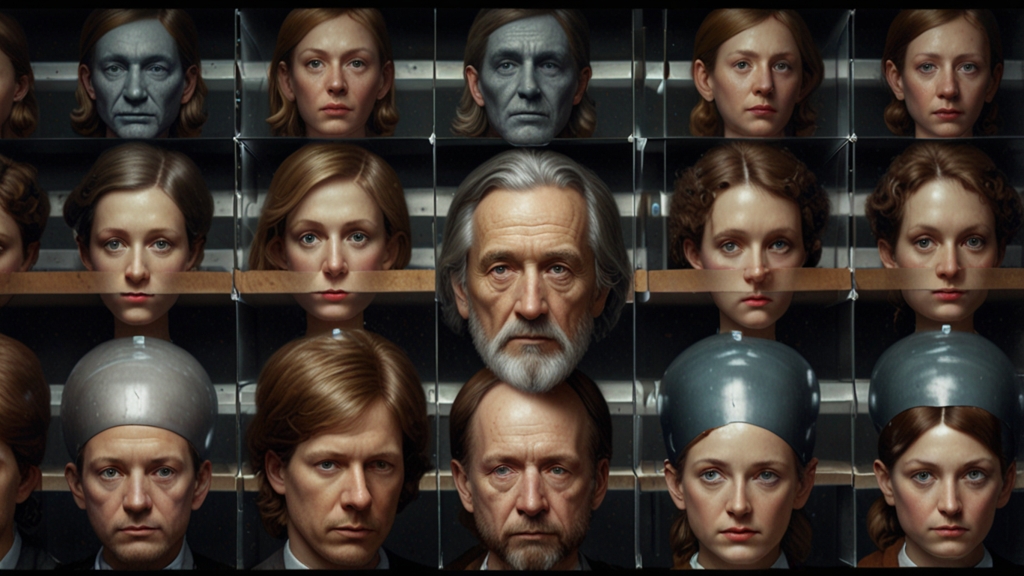The Greatest Philosophical Puzzle: Exploring Epistemology
Epistemology, often regarded as the study of knowledge, sits at the very heart of philosophical inquiry. It questions the nature, origin, and limits of human understanding. Throughout history, epistemology has presented some of the greatest puzzles for thinkers, urging them to tackle fundamental questions about what we know and how we come to know it. This intellectual odyssey influences various domains, from science and religion to language and ethics.
What Is Knowledge?
At its core, epistemology raises a compelling question: What is knowledge? Traditionally, knowledge has been defined as "justified true belief." This means that to know something, one must believe it, it must be true, and there must be justification for that belief. However, this tripartite model faces numerous objections and exceptions.
One of the most famous challenges is the Gettier problem, introduced by Edmund Gettier in 1963. Gettier presented scenarios in which individuals had justified true beliefs that were, by coincidence, true, but did not seem to constitute knowledge. These thought experiments compelled philosophers to reconsider the criteria and essence of knowledge.
"If I know that I know that which I know, then I do not know that which I know, but I only believe it." – Pyrrho
The Sources of Knowledge
Another central theme in epistemology is the exploration of how we acquire knowledge. The debate often spans between rationalism and empiricism.
Rationalists, such as René Descartes, argue that knowledge derives primarily from reason and intellectual deduction. Descartes' famous declaration, "Cogito, ergo sum" (I think, therefore I am), underscores the belief in the innate ideas and the power of the mind.
In contrast, empiricists like John Locke and David Hume contend that knowledge comes from sensory experiences. Locke's notion of the mind as a "tabula rasa" or blank slate at birth encapsulates this idea, suggesting that all knowledge is accumulated through experience and perception.
"No man's knowledge here can go beyond his experience." – John Locke
Skepticism: Can We Truly Know Anything?
Skepticism presents one of the most robust challenges to epistemology. Philosophical skeptics argue that it's difficult, if not impossible, to attain certain knowledge about the world. This school of thought spans from ancient skeptics like Pyrrho to contemporary thinkers.
The brain-in-a-vat scenario, for instance, is a modern skeptical argument that questions our knowledge of reality. The thought experiment asks us to imagine that our brains are kept alive in a vat and fed false sensory information by a computer. If this were true, everything we perceive would be an illusion, and we could never know the actual state of the world.
This radical doubt forces us to examine the foundations of our beliefs and suggests that we adopt a more critical approach to our claims of knowledge.
The Impact of Epistemology
Understanding epistemology is more than a theoretical exercise; it has real-world implications. In science, epistemological inquiries guide methodologies and validate scientific claims. In legal systems, they influence standards of evidence and testimonies. In personal lives, they shape our worldview and decision-making processes.
Ultimately, the philosophical puzzle of epistemology invites us to embrace uncertainty and remain curious. It challenges us to recognize the limitations of our knowledge while seeking continuous growth and deeper understanding.
"The only true wisdom is in knowing you know nothing." – Socrates
Exploring epistemology is embarking on a quest—the quest for the most abstract yet fundamental truths about our existence. While definitive answers might remain elusive, the journey itself enriches our intellect and spirit.






